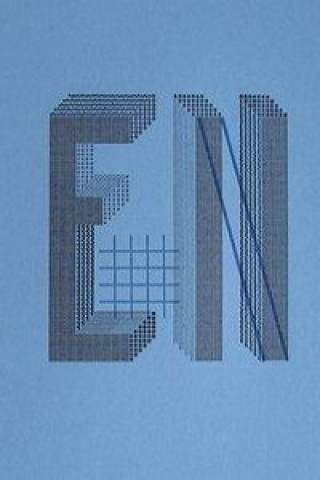
Kod: 12811447
E.N.
Autor Davide Cascio, Egija Inzule
As an expanded system of footnotes to the works by Davide Cascio, the catalogue collects texts and images which circle around the idea of esprit nouveau thinking. In his essay Francesco Pedraglio explains the methodology of Davide ... więcej
- Język:
 Angielski
Angielski - Oprawa: Miękka
- Liczba stron: 128
Wydawca: Spectormag GbR, 2011
- Więcej informacji o książce

27.29 €
Dostępność:
50 % szansa Otrzymaliśmy informację, że książka może być ponownie dostępna. Na podstawie państwa zamówienia, postaramy się książkę sprowadzić w terminie do 6 tygodni. Gwarancja pełnego zwrotu pieniędzy, jeśli książka nie zostanie zabezpieczona.
Otrzymaliśmy informację, że książka może być ponownie dostępna. Na podstawie państwa zamówienia, postaramy się książkę sprowadzić w terminie do 6 tygodni. Gwarancja pełnego zwrotu pieniędzy, jeśli książka nie zostanie zabezpieczona.Przeszukamy cały świat
Zobacz książki o podobnej tematyce
-

Emerie's Reading Log
8.58 € -23 % -
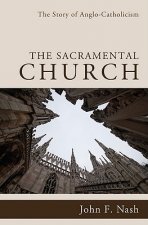
Sacramental Church
30.12 € -24 % -
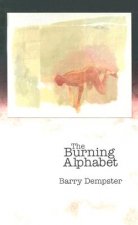
The Burning Alphabet
18.09 € -4 % -
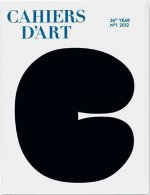
Cahiers D'Art Revue, No. 1, 2012, French Language Edition: Ellsworth Kelly
101.80 € -
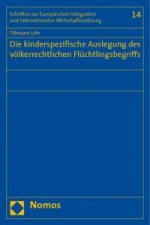
Die kinderspezifische Auslegung des völkerrechtlichen Flüchtlingsbegriffs
83.90 € -

Shorts: Erinnerungen
9.09 € -9 % -
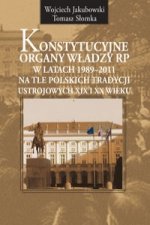
Konstytucyjne organy wladzy RP w latach 1989-2011
15.26 €
Podaruj tę książkę jeszcze dziś
- Zamów książkę i wybierz "Wyślij jako prezent".
- Natychmiast wyślemy Ci bon podarunkowy, który możesz przekazać adresatowi prezentu.
- Książka zostanie wysłana do adresata, a Ty o nic nie musisz się martwić.
Powiadomienie o dostępności
Wpisz swój adres e-mail, aby otrzymać od nas powiadomienie,
gdy książka będzie dostępna. Proste, prawda?
Więcej informacji o E.N.
Za ten zakup dostaniesz 68 punkty
 Opis
Opis
As an expanded system of footnotes to the works by Davide Cascio, the catalogue collects texts and images which circle around the idea of esprit nouveau thinking. In his essay Francesco Pedraglio explains the methodology of Davide Cascio's frail dialectic between potential future utopias and past artistic phenomena. Additional essays by Annette Amberg and Luigi Fassi mention the programmatic magazine L'Esprit Nouveau founded by Le Corbusier in 1918, the pavilion constructed by Le Corbusier in 1925 for the International Exhibition of Decorative Arts in Paris and Le Cabanon: Le Corbusier's summer cabin, a tiny bolthole built in the south of France in 1952 for his wife. Antje von Graevenitz discuss the architecture of Monte Verita, while Vita Banga relates how the Latvian modernist architect Marta Stana turned the summer house into a kind of functional escape from the confining ideological borders of the Soviet regime in Latvia in the 1960s. A visual essay by Davide Cascio goes along with the texts. »Gusto Gräser refused to live in a hut and was against the use of money. For stretches he would live in the niche of a church or in a small grotto, always seeking a brave woman to live with him there.« (Antje von Graevenitz, For Light and Air: Self-Determination on Monte Veritŕ, 2008.)
 Szczegóły książki
Szczegóły książki
27.29 €
- Pełny tytuł: E.N.
- Autor: Davide Cascio, Egija Inzule
- Język:
 Angielski
Angielski - Oprawa: Miękka
- Liczba stron: 128
- EAN: 9783940064103
- ISBN: 3940064106
- ID: 12811447
- Wydawca: Spectormag GbR
- Waga: 195 g
- Wymiary: 230 × 330 × 13 mm
- Data wydania: March 2011
Ulubione w innej kategorii
-

Berserk Deluxe Volume 1
44.37 € -12 % -

Berserk Deluxe Volume 2
52.26 € -

Cry Baby Coloring Book
9.80 € -13 % -

Haunting Adeline
30.72 € -

Hunting Adeline
31.84 € -

The Official Stardew Valley Cookbook
21.93 € -24 % -

Berserk Deluxe Volume 3
48.82 € -3 % -

Powerless
11.92 € -7 % -

Atomic Habits
16.27 € -29 % -

Berserk Deluxe Volume 4
46.50 € -8 % -

Gravity Falls Journal 3
18.39 € -13 % -
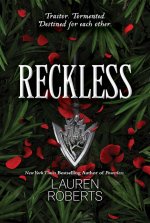
Reckless
11.72 € -18 % -

White Nights
3.53 € -

Chainsaw Man, Vol. 15
10.40 € -19 % -

Berserk Deluxe Volume 5
50.44 € -

BALLAD OF SWORD & WINE QIANG JIN JIU V01
17.08 € -18 % -

Iron Flame
16.27 € -24 % -

JUJUTSU KAISEN V22
9.59 € -28 % -

No Longer Human
13.44 € -16 % -

Surrounded by Idiots
10.71 € -27 % -
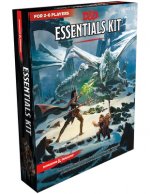
Dungeons & Dragons Essentials Kit (D&d Boxed Set)
30.02 € -

Harry Potter and the Prisoner of Azkaban (Minalima Edition)
26.88 € -33 % -

Twisted Love
9.80 € -24 % -

The 48 Laws of Power
24.56 € -9 % -

Bungo Stray Dogs, Vol. 8 (light novel)
16.57 € -

Court of Thorns and Roses Paperback Box Set (5 books)
50.03 € -19 % -

Twisted Lies
9.80 € -17 % -

A Little Life
17.48 € -

Heaven Official's Blessing: Tian Guan Ci Fu (Novel) Vol. 1
18.09 € -14 % -

Twisted Games
9.80 € -17 % -

House of Leaves
23.14 € -22 % -

The Courage To Be Disliked
11.01 € -7 % -
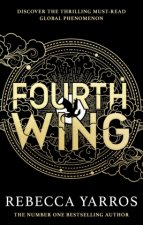
Fourth Wing
10.20 € -20 % -
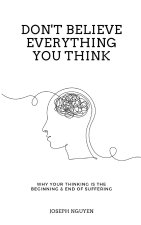
Don't Believe Everything You Think
12.93 € -20 % -

Berserk Deluxe Volume 6
51.15 € -
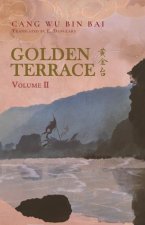
Golden Terrace: Volume 2
14.04 € -33 % -
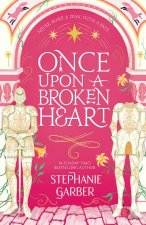
Once Upon A Broken Heart
9.90 € -23 % -

Court of Thorns and Roses
9.29 € -21 % -

Heaven Official's Blessing: Tian Guan Ci Fu (Novel) Vol. 5
17.48 € -12 % -

Twisted Hate
10.20 € -20 % -

Court of Mist and Fury
9.39 € -18 % -

Before the Coffee Gets Cold
10.40 € -29 % -

The Creative Act
24.05 € -18 % -

Heaven Official's Blessing: Tian Guan Ci Fu Vol. 4
18.69 € -11 % -
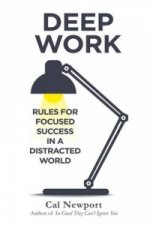
Deep Work
15.15 € -29 % -

Icebreaker
9.19 € -22 % -

Harry Potter and the Chamber of Secrets: MinaLima Edition
30.02 € -16 % -

Romancing Mister Bridgerton
7.47 € -21 % -
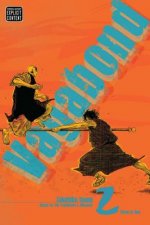
Vagabond (VIZBIG Edition), Vol. 2
26.38 € -6 %
Osobní odběr Bratislava a 2642 dalších
Copyright ©2008-24 najlacnejsie-knihy.sk Wszelkie prawa zastrzeżonePrywatnieCookies


 Vrácení do měsíce
Vrácení do měsíce Zdarma od 49.99 €
Zdarma od 49.99 € 02/210 210 99 (8-15.30h)
02/210 210 99 (8-15.30h)